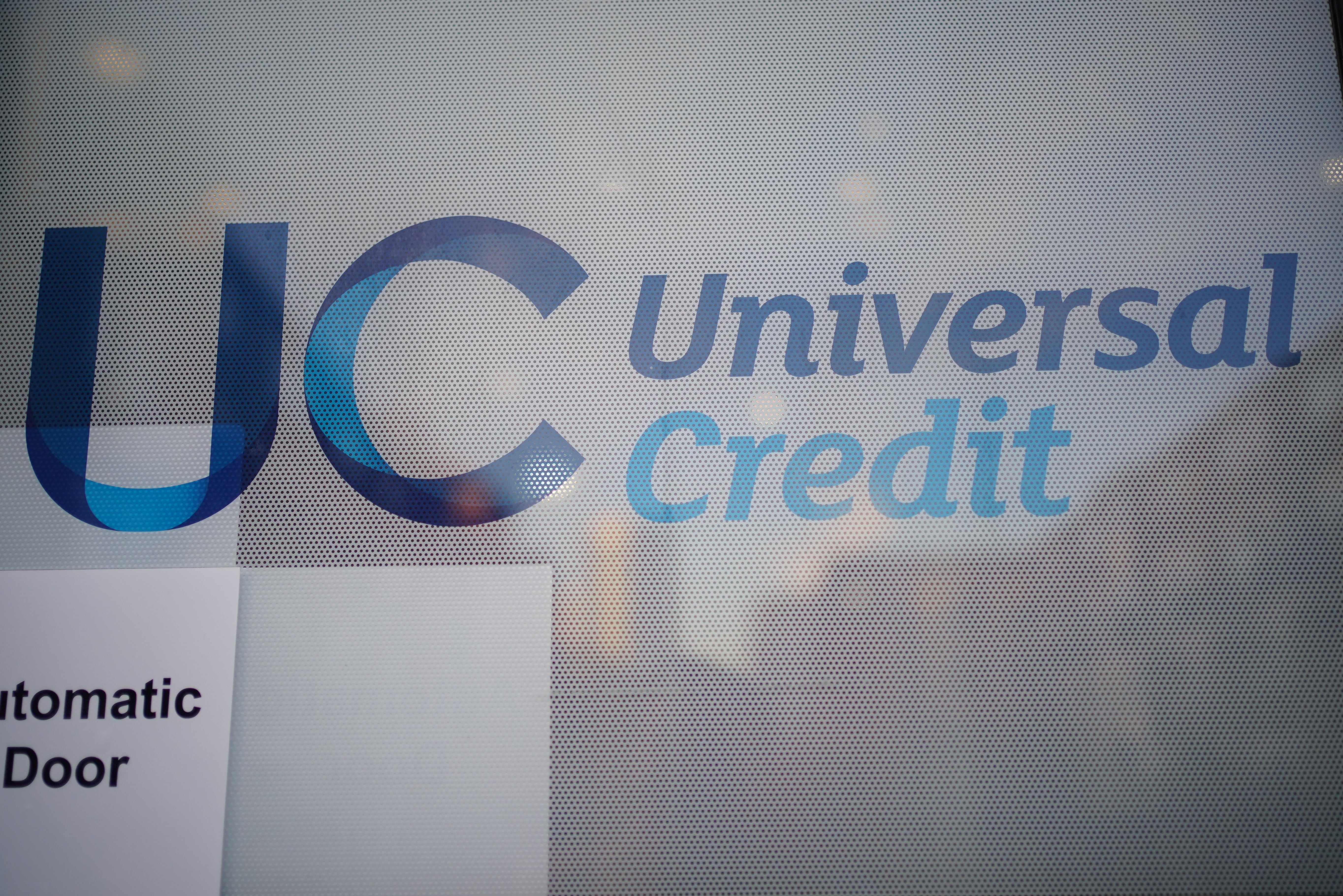Universal Credit roll-out ‘led to rise in home repossessions and burglaries’
Researchers estimate that the reform unintentionally led to 35,000 burglaries, 25,000 vehicle crimes and 6,000 repossession orders.

Your support helps us to tell the story
From reproductive rights to climate change to Big Tech, The Independent is on the ground when the story is developing. Whether it's investigating the financials of Elon Musk's pro-Trump PAC or producing our latest documentary, 'The A Word', which shines a light on the American women fighting for reproductive rights, we know how important it is to parse out the facts from the messaging.
At such a critical moment in US history, we need reporters on the ground. Your donation allows us to keep sending journalists to speak to both sides of the story.
The Independent is trusted by Americans across the entire political spectrum. And unlike many other quality news outlets, we choose not to lock Americans out of our reporting and analysis with paywalls. We believe quality journalism should be available to everyone, paid for by those who can afford it.
Your support makes all the difference.A landmark reform to the UK’s benefits system has led to an unintended rise in home repossessions, burglaries and vehicle crimes, costing society almost half a billion pounds, research suggests.
The introduction of Universal Credit “has imposed large societal costs” through a rise in evictions and crime in England and Wales, according to findings from the University of Sussex Business School.
Researchers estimate the rolling out of the benefit led to a 4% rise in repossession orders from the social housing sector on average across local areas where Universal Credit was introduced – around 6,000 orders in total.
And they say it has resulted in a 2.5% increase on average in economically-motivated crime.
They estimate this includes more than 35,000 burglaries and 25,000 vehicle crimes at a cost of more than £465 million – not including the costs associated with the additional possession orders.
Researchers said the findings indicate that Government policies can have “unintended consequences” on crime when it comes to people who have the least.
The Government said there is “no evidence” that Universal Credit causes crime.
The researchers analysed the staggered roll-out of Universal Credit across all 573 constituencies in England and Wales, quarterly data on repossessions and monthly crime data, and compared areas where the benefit had and had not been introduced.
Their analysis spanned between December 2010 and February 2019, with Universal Credit first rolled out in April 2013 to the simplest cases – new claimants, single, unemployed, non-homeowning claimants and those without children.
They found a positive correlation between these crimes, repossession orders and Universal Credit recipient rates across the local areas.
This was still the case after accounting for any influence of other factors, including austerity policies and the worsening of living standards.
The researchers said the roll-out, due to be completed in 2024, has increased the stringency of the social security system.
Universal Credit is paid monthly in arrears with a five-week minimum wait for the initial payment, and the housing element mainly goes to the recipient rather than directly to the landlord.
But recipients who lack budgeting skills may be unable to make the lump sum stretch over a month, while some may need to use the housing component for other expenses, and the initial delay and sanctions can push people into financial hardship.
Dr Rocco d’Este, one of the authors and a lecturer in Economics at the University of Sussex, said the study found “wide-reaching negative impacts of Universal Credit on recipients’ financial instability and on economically motivated crimes”.
He said: “By focusing on the rollout of Universal Credit across constituencies, targeting first-time predominantly young male claimants, our findings highlight the danger of welfare policies affecting the economic incentives of individuals at the very bottom of the income distribution.
“The work recommends minimising unnecessary payment delays to recipients, which can hugely affect people already struggling.
“In some cases, it may be beneficial to pay benefits weekly rather than monthly, with the housing component of Universal Credit paid directly to the landlord rather than to the recipients.
“Also, our work suggests that imposing financial sanctions on Universal Credit recipients — in the attempt to incentivise their transition toward employment — in some cases may backfire, leading to an increase in acquisitive crimes.”
The study is published in the Journal of Law, Economics, and Organization.
A Government spokesman said: “There is no evidence that Universal Credit causes crime.
“It is a modern benefit which mirrors the world of work, with monthly payments that can adjust to the amount claimants receive as people earn more or indeed less, and there are safeguards in place to help those who are unable to handle their own rent including direct payments to landlords.
“Universal Credit provides a strong financial safety net: it is more generous overall than the old system and makes it easier for people to claim support they are entitled to.”